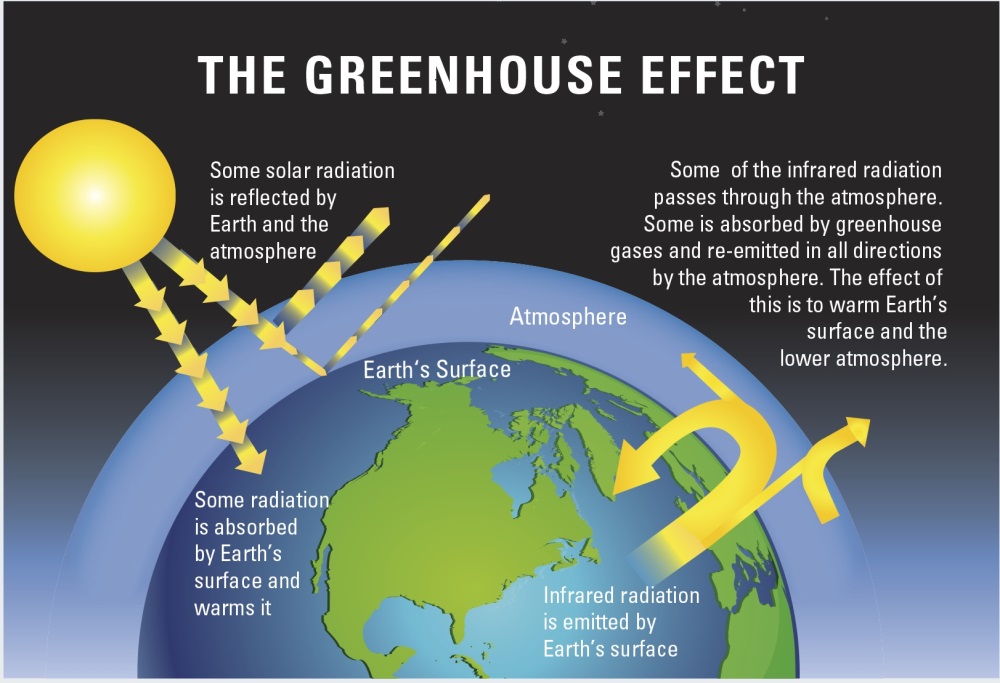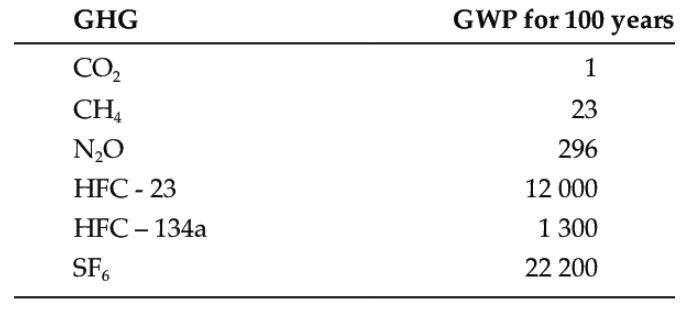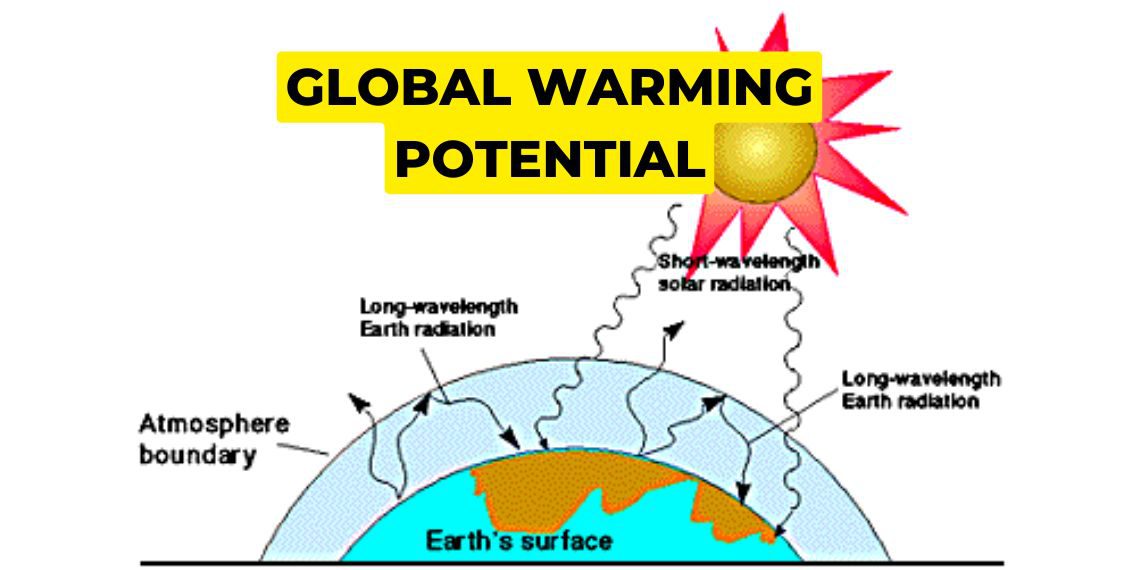What is global warming and global warming potential?
Global warming is the continuously increasing temperature on the earth due to Greenhouse gases, like (carbon dioxide, methane, nitrous oxide, hydrochlorofluorocarbons (HCFCs), and hydrofluorocarbons (HFCs)). This change has disturbed the climatic pattern of the earth.
When these GHGs are released into the atmosphere, they trap heat from the sun and prevent it from escaping back into space, causing a warming effect on the Earth’s surface. This warming effect leads to a range of impacts, such as rising sea levels, more frequent and severe weather events, and changes in ecosystems and biodiversity.
- Melting of glaciers and polar ice caps, leading to rising sea levels and flooding of coastal areas.
- Changes in precipitation patterns lead to droughts, wildfires, and water scarcity in some regions, and floods in others.
- Changes in ecosystems and biodiversity, lead to shifts in plant and animal populations and potential extinctions.
- Increase in the frequency and severity of extreme weather events such as heatwaves, hurricanes, and storms.

Global Warming Potential:
G.W.P is a measure of how much energy one ton of an atmospheric gas will absorb over a specific period relative to one ton of CO2. Simply put, GWP tells us how much heat a greenhouse gas traps in the atmosphere compared to CO2.
For example, the GWP of methane (CH4) over a 100-year period is estimated to be around 28-36 times greater than that of CO2. This means that if we emit one tonne of CH4, it will have the same warming effect on the climate as emitting 28-36 tonnes of CO2 over the same time period.
Similarly, the GWP of nitrous oxide (N2O) is estimated to be around 265-298 times greater than that of CO2 over a 100-year period. This means that one tonne of N2O will have the same warming effect as emitting 265-298 tonnes of CO2.
The GWP of a GHG depends on several factors, including its atmospheric lifetime, its absorption spectrum, and its concentration in the atmosphere. For example, a GHG with a long atmospheric lifetime will have a higher GWP than one with a short atmospheric lifetime, as it will remain in the atmosphere for a longer period and continue to trap heat
The GWP is an important tool for policymakers and scientists to assess the climate impact of different GHGs and develop effective strategies to reduce emissions and mitigate global warming. By understanding the relative warming potential of different GHGs, we can prioritize efforts to reduce emissions of the most harmful gases and shift towards cleaner and more sustainable energy sources.

Note:
If you want to learn more about this topic, we suggest checking out our Combo package with the given link https://www.merchantnavydecoded.com/courses/c/ . It’s a great way to dive deeper into the subject through video explanations. This package covers all the important details and presents them in an easy-to-understand format. Watching the videos will help you grasp the topic better and make learning more enjoyable. So, we highly recommend giving our Combo package a try to enhance your knowledge on the subject.
Disclaimer :- The opinions expressed in this article belong solely to the author and may not necessarily reflect those of Merchant Navy Decoded. We cannot guarantee the accuracy of the information provided and disclaim any responsibility for it. Data and visuals used are sourced from publicly available information and may not be authenticated by any regulatory body. Reviews and comments appearing on our blogs represent the opinions of individuals and do not necessarily reflect the views of Merchant Navy Decoded. We are not responsible for any loss or damage resulting from reliance on these reviews or comments.
Reproduction, copying, sharing, or use of the article or images in any form is strictly prohibited without prior permission from both the author and Merchant Navy Decoded.


